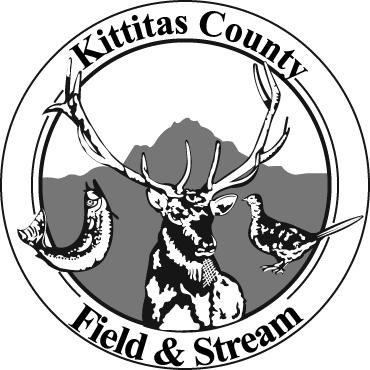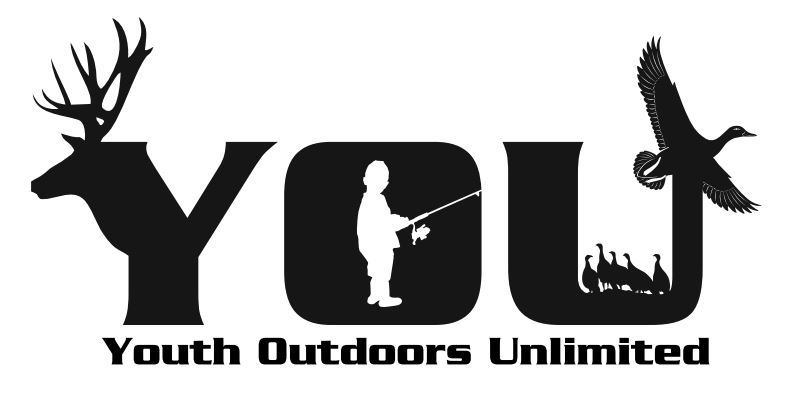No doubt you are aware that a bit over a week ago the National Oceanic and Atmospheric Administration (NOAA) proposed to allow the Makah Tribe – in and around Neah Bay (out at the tip of the Olympic Peninsula) – to take between one and three gray whales annually in their historic hunting range. The Tribe is the only tribe in the US with explicit treaty rights to hunt gray whales. It did just that until the 1920s, when it voluntarily stopped hunting the whales because of concern over their declining population from heavy commercial hunting.
Nearly eight decades later, the Makah held their next legal hunt. May of 1999. Protests and lawsuits filled the air, and the Ninth Circuit Court of Appeals banned the hunt in 2000.
During that spring of ’99, two decades ago, I had a great deal of company as I followed the Makah Tribe’s efforts to return to their ancestral tradition of hunting, eating, and utilizing gray whales. Tribal leaders and members noted that the spiritual and physical medicine of the whale taken would restore their ancestral relationship with the whale, and help heal their people and their community. Protesters did pretty much everything they could to disrupt the whale hunt; others made jokes, threw insults and mocked the Makah People and their hunt in Neah Bay. Airborne TV cameras dogged the hunt. As you might imagine, if you’ve been following the last 1,050 of these weekly efforts to look into the outdoors, the whole thing fascinated me.
During the year prior to that ’99 hunt, more than a dozen grays died or beached, including a couple in Puget Sound. Several of them, apparently, died slowly and suffered for many hours – even a day or more. For them, there was no public grieving, but plenty of tourism and a scientific curiosity about what killed them.
On a Monday morning, the carefully-selected and blessed Makah hunters killed a whale. At least one of the Seattle papers called it “a TV news director’s dream,” as viewers got to watch, over breakfast, the helicopter footage of the whale dying.
That night, according to the Seattle P-I (still a paper at the time), 200 people in downtown Seattle observed 10 minutes of silence at a candlelight vigil to symbolize the whale’s “10 minutes of suffering.” There were tears and talk of the whale’s martyrdom.
The whale approached the hunters’ canoe. The Makah whalers saw that as a sacred give-away – a sign their hunt was meant to be and the whale was giving itself to the People. Anti‑whalers vehemently disagreed.
One TV executive observed a “huge passion against killing the whale,” with email reaction to the taking of the whale running 95 percent against. A great deal of that reaction was deriding the Tribe’s expressed desire to heal its community by returning to the medicine of traditional food and ways.
Did the whale give itself to the Makah? Sacred? Medicine? Healing? Without being part of that culture and those prayers, how would we know?
Then there is that thing about the helicopters hovering over the Makah Tribes’ sacred hunt – that “TV news director=s dream.”
In the ‘80s, I drew an archery elk license for an area near Evergreen, Colorado. Lots of elk at the edge of suburbia. After days of stalks on public land, but no clear opportunities, I moved to some private land with small forest stands. One evening, the elk were along the edge of some timber. The breeze was right for a good stalk. After a painstaking hour-long crawl, I found myself among the elk, 20 yards from the broadside of a large bull which would get my tribe through winter. Easy. I said my prayer, drew my bow… and heard a car door close. Across a meadow, over a quarter mile away, several people were watching the elk. I let the draw down, stood up, spooked the elk, and walked away.
If the Makah must kill whales, restoring ancient bonds of relationship, that is between them and the whales. Making a spectator sport of any harvest or killing – sacred or not – will never be okay with me.
On 12 August of this year, the waiver of the Marine Mammal Protection Act – sought by NOAA on behalf of the Tribe will be heard in federal court by an administrative law judge in Seattle. Virtually every animal rights organization in the Pacific Northwest and beyond is, and will be, opposing the return of the Makah hunts, on a variety of grounds.
NOAA staff have noted that the gray whale stock “is very healthy…around 27,000 whales, which is probably about as large as it’s ever been. It is fully recovered and de-listed from the Endangered Species List.” Still, the road to resumed hunts and restored relationship will be a bumpy one.
The soonest a hunt could be held – assuming NOAA succeeds in court – will be in 2020.
However this goes, it will be a zoo. Stand by.




